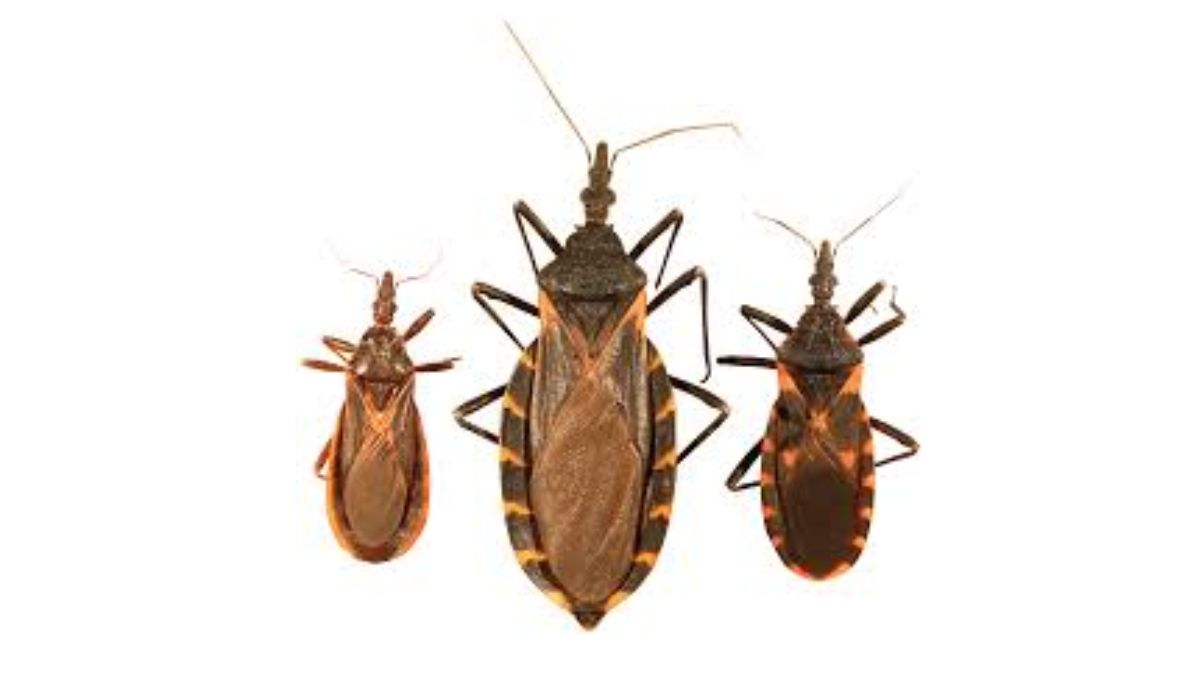A disease once thought to be confined to Latin America has now spread across much of the United States, raising fresh public health concerns. According to research published in the CDC’s Emerging Infectious Diseases journal, the potentially fatal Chagas disease, carried by the bloodsucking insect known as the “kissing bug,” has been detected in humans in multiple U.S. states.
What is Chagas disease?
Chagas is caused by the Trypanosoma cruzi parasite, which lives in several species of Triatomine insects — commonly called kissing bugs. The World Health Organization estimates that Chagas kills around 10,000 people globally each year.
The disease can lie dormant for years, often going undetected until it causes serious cardiac complications such as heart failure, strokes, or heart attacks. In its acute phase, symptoms may include swollen eyes, limbs, or even severe allergic reactions, but the long-term consequences pose the greatest risk.
Spread in the United States
Infected kissing bugs have been documented in 32 states, mostly concentrated in the southern half of the country. Human cases, however, have so far been confirmed in eight states:
-
Texas
-
California
-
Arizona
-
Louisiana
-
Tennessee
-
Missouri
-
Mississippi
-
Arkansas
Why this matters
The findings suggest that Chagas is no longer just an imported disease but may be becoming endemic in parts of the United States. With nearly half of kissing bugs carrying the parasite, public health experts warn that more cases could surface in the coming years, particularly in warmer regions where the insects thrive.


